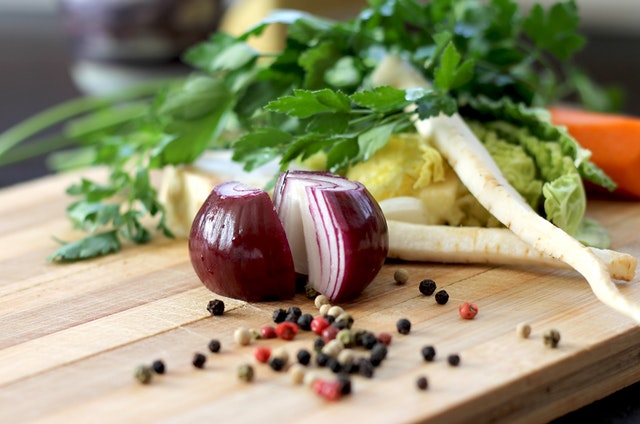Exploring the Health Benefits of Cacao: What Sets It Apart from Cocoa?
Cacao and cocoa are two terms often used interchangeably, but they refer to distinct products derived from the same source: the cacao bean. Understanding the differences between cacao and cocoa is essential, as they have varying impacts on health and well-being. This article explores the benefits of cacao and the distinctions between cacao and cocoa, with support from peer-reviewed studies.
Cacao vs. Cocoa: What’s the Difference?
Cacao and cocoa both originate from the beans of Theobroma cacao tree, but their processing methods set them apart. Cacao is made by cold-pressing unroasted cacao beans, preserving more of the bean’s natural nutrients and flavors. On the other hand, cocoa is produced by roasting cacao beans at higher temperatures, resulting in a milder flavor but also a loss of some nutrients.
Health Benefits of Cacao
- Rich in Antioxidants: Cacao is a powerhouse of antioxidants, particularly flavonoids and polyphenols. A study published in the journal “Antioxidants” (2017) found that cacao exhibits higher antioxidant activity than cocoa, contributing to its potential health benefits.
- Heart Health: The antioxidants in cacao have been linked to improved heart health. Research in the “Journal of Nutrition” (2012) reported that regular consumption of cacao-rich products can reduce the risk of heart disease by improving blood pressure and increasing HDL (good) cholesterol levels.
- Mood Enhancement: Cacao is known for its mood-enhancing effects. A study in “The Journal of Psychopharmacology” (2013) demonstrated that cacao consumption can lead to increased feelings of contentment and reduced symptoms of depression, possibly due to the presence of certain psychoactive compounds.
- Brain Function: The flavonoids in cacao have been associated with better cognitive function. A systematic review published in “Frontiers in Nutrition” (2016) suggested that cacao consumption might help maintain brain health and reduce the risk of neurodegenerative diseases.
- Anti-Inflammatory Properties: Cacao contains anti-inflammatory compounds that can help reduce inflammation in the body. A study in the “Journal of Agricultural and Food Chemistry” (2017) reported that cacao can decrease markers of inflammation in the blood.
Cacao: A Nutrient-Rich Superfood
Cacao is not just a delicious treat; it’s a nutrient-dense superfood that offers an array of health benefits. Its nutrient profile includes:
- Essential Minerals: Cacao is a rich source of essential minerals like magnesium, iron, and potassium. Magnesium, in particular, is vital for muscle function and overall well-being.
- Dietary Fiber: Cacao is a good source of dietary fiber, which supports digestive health and helps maintain a feeling of fullness.
- Healthy Fats: Cacao contains healthy monounsaturated fats that can promote cardiovascular health and reduce the risk of heart disease.
- Vitamins: It also provides vitamins like B-complex vitamins (particularly B1, B2, B3, and B9), which are essential for various bodily functions.
Cacao and cocoa may come from the same source, but their differences in processing and nutrient content can have a significant impact on their health benefits. Cacao, with its higher antioxidant levels, is the more nutritionally dense option. It offers a wide range of benefits, including improved heart health, mood enhancement, enhanced brain function, and anti-inflammatory properties. Incorporating cacao into your diet can be a delicious way to boost your overall well-being. So, the next time you reach for a chocolate treat, consider opting for one with higher cacao content to reap the full range of health benefits.





